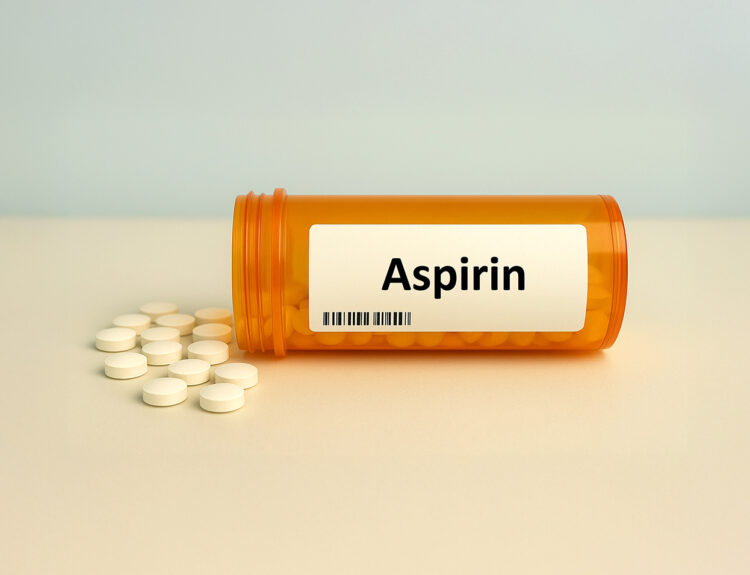Atrial fibrillation (AF) is the commonest arrhythmia seen by cardiologists in day-to-day practice. Risk factors for AF include age, hypertension, diabetes mellitus, obesity, and smoking (1). Oral medications are commonly given to prevent clot formation and to control heart rate and rhythm. Other options include ablation, pulmonary vein isolation (PVI), pacemaker, maze procedure, and bypass surgery. These patients are at a high risk of developing stroke. A study was carried out to investigate the role of anticoagulants after PVI was performed to treat atrial fibrillation (2).

Atrial fibrillation Study:
The main objective of this study was to determine the number of patients discontinuing anticoagulation treatment after PVI in relation with the CHA2DS2-VASc score, to determine the factors that would help in anticipating stroke after PVI, and to evaluate the risk of cardiovascular events after PVI in patients who are on and those who are not taking guideline-recommended anticoagulation treatment.
The study was conducted by using data from Swedish national health registries. It included entries dated from January 1, 2006, to December 31, 2012, and had an average follow up period of about 2.6 years. (2) A retrospective cohort study was conducted, which included 1585 AF patients from the Swedish Catheter Ablation Register and were undergoing PVI. Further, records of exposure to warfarin were collected from the national quality register Auricula. Data were analyzed between January 1, 2015, and April 30, 2016. Analysis was done to review the various outcomes namely ischemic stroke, intracranial hemorrhage, and death.
Results of the study:
Of the 1585 patients in the cohort, 73% were males. Their mean age was 59 years, and the mean CHA2DS2-VASc score was 1.5. Of these 1585 patients, 1175 were followed up for more than 1 year after PVI. It was seen that of these, 360 patients (30.6%) stopped warfarin treatment during the first year itself. It was seen that amongst patients with a CHA2DS2-VASc score of 2 or more, those who discontinued warfarin treatment were at a greater risk of ischemic stroke, which if calculated turned out to be 5 events in 312 years, i.e., around 1.6% per year. Whereas those who continued warfarin treatment were at a lower risk which is 4 events in 1192 years, i.e., 0.3% per year. It was also seen that patients who had a CHA2DS2-VASc score of ≥2 or those who had a past history of an ischemic stroke were at a greater risk of stroke if they discontinued warfarin treatment.
It can be inferred from this study that discontinuing warfarin treatment after PVI can be life-threatening in patients with high-risk, and it is all the more unsafe in those who have a past history of ischemic stroke.
Credit: Dr. Rachita on behalf of Borderless Access







2 Comments
What is acute gastroenteritis, and what are its symptoms?
5 years ago[…] fluid replacement therapy is the cornerstone of the management of gastroenteritis. The intake of oral rehydration solutions must correct the loss of fluids and electrolytes from the excess passage of […]
Acute Gastroenteritis in the holidays - MDForLives
4 years ago[…] fluid replacement therapy is the cornerstone of the management of gastroenteritis. The intake of oral rehydration solutions must correct the loss of fluids and electrolytes from the excess passage of […]